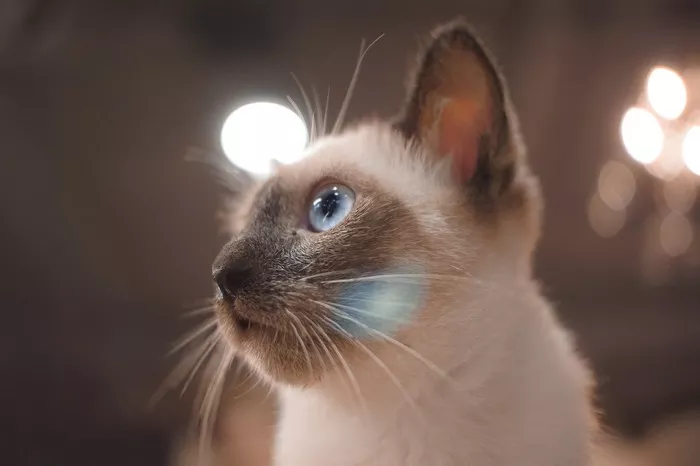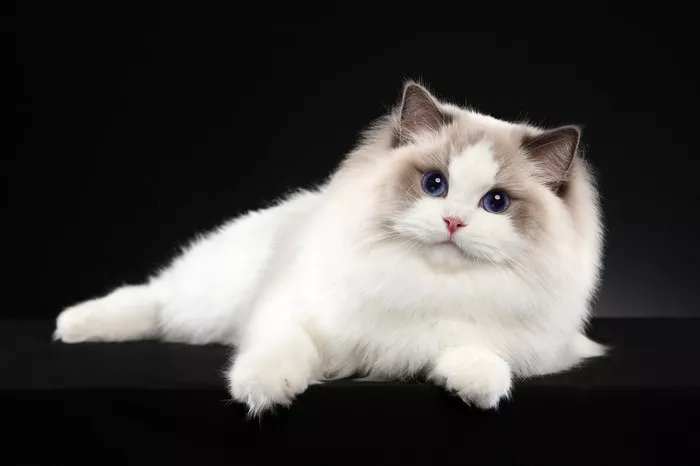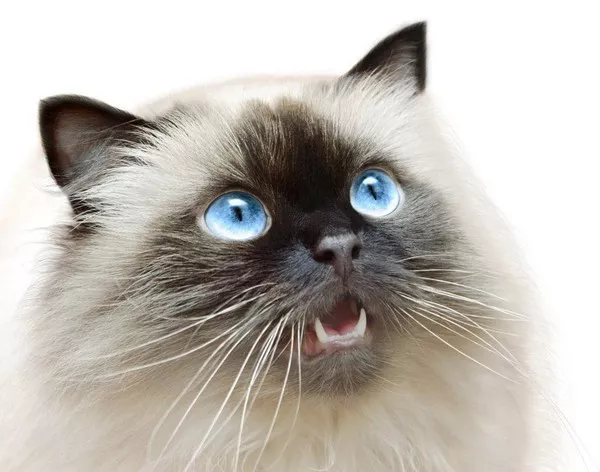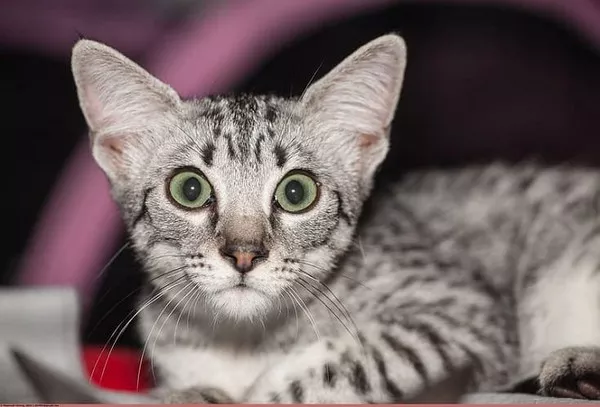Cats, known for their discerning palates and unique dietary needs, often prompt curious cat owners to explore various food options. Quail eggs, with their miniature size and nutrient-rich composition, may seem like a tempting addition to a feline’s diet. In this article, we’ll delve into the question: Can kittens safely consume quail eggs? Through an exploration of nutritional benefits, potential risks, and expert opinions, we aim to provide cat owners with a well-informed perspective on incorporating quail eggs into their kitten‘s diet.
The Nutritional Bounty of Quail Eggs
Rich in Proteins and Amino Acids
Quail eggs, though small, pack a powerful nutritional punch. They are a dense source of high-quality proteins, essential amino acids, and various vitamins and minerals. Proteins are vital for the growth and development of kittens, making quail eggs an appealing option to supplement their diet.
Abundant in Vitamins and Minerals
Quail eggs contain essential vitamins such as vitamin A, B-complex vitamins, and vitamin D. Additionally, they boast minerals like iron, phosphorus, and zinc, contributing to overall feline health. These nutrients play crucial roles in maintaining a kitten’s immune system, bone health, and energy levels.
Healthy Fats for Skin and Coat
The fats present in quail eggs, including omega-3 fatty acids, support a kitten’s skin and coat health. These fats contribute to a shiny coat, reduced inflammation, and improved overall skin condition.
Assessing the Safety of Quail Eggs for Kittens
Digestibility and Bioavailability
One of the key considerations when introducing any new food to a kitten’s diet is its digestibility and bioavailability. Quail eggs are generally easy for cats to digest, and the nutrients they contain are readily absorbed. This makes them a potentially beneficial addition to a balanced feline diet.
Potential Allergens
While quail eggs are not common allergens for cats, individual reactions can vary. It’s advisable to introduce new foods gradually and monitor the kitten for any signs of allergies, such as itching, vomiting, or diarrhea. If allergic reactions occur, it’s crucial to discontinue feeding quail eggs and consult with a veterinarian.
Expert Opinions and Recommendations
Veterinary Perspectives
Veterinarians, as trusted sources of pet health information, play a crucial role in guiding cat owners on dietary choices. Many veterinarians acknowledge that quail eggs can be a valuable supplement to a cat’s diet when introduced appropriately. However, they emphasize moderation and recommend consulting with a vet before making significant changes to a kitten’s diet.
Balancing the Diet
Experts often emphasize the importance of a balanced diet for kittens, ensuring they receive all the essential nutrients in appropriate proportions. While quail eggs offer valuable nutrients, they should complement a well-formulated commercial kitten food rather than replace it entirely. Commercial kitten food is specially formulated to meet the unique nutritional needs of growing cats.
Preparing and Introducing Quail Eggs to Kittens
Cooking for Safety
Before offering quail eggs to kittens, it’s essential to cook them thoroughly. Cooking eliminates the risk of potential bacterial contamination, such as Salmonella, which can be harmful to both kittens and humans. Boiling or scrambling quail eggs is a popular and safe preparation method.
Introducing Gradually
The introduction of new foods to a kitten’s diet should always be a gradual process. Start by offering a small amount of quail egg and observe how the kitten responds. If there are no adverse reactions, the quantity can be gradually increased over time.
Observing for Allergic Reactions
As with any new food, careful observation is crucial. Keep an eye out for signs of allergies or sensitivities, and consult with a veterinarian if there are concerns. Allergic reactions may manifest as digestive issues, skin problems, or respiratory symptoms.
Considerations for Specific Health Conditions
Cats with Dietary Sensitivities
For kittens with known dietary sensitivities or pre-existing health conditions, consulting with a veterinarian before introducing new foods is particularly important. The vet can provide tailored advice based on the individual needs and health status of the kitten.
Weight and Caloric Considerations
Quail eggs, while nutritious, also contribute calories to a kitten’s diet. For kittens with specific dietary requirements, such as those needing weight management, the caloric content of additional foods should be factored into the overall diet plan.
In Summary
In conclusion, quail eggs can be a valuable and nutritious addition to a kitten’s diet when introduced and managed with care. Their rich composition of proteins, vitamins, and minerals offers potential health benefits. However, responsible pet ownership involves a balanced approach to feline nutrition, where commercial kitten food forms the foundation of their diet.
When considering incorporating quail eggs or any new food into a kitten’s diet, consultation with a veterinarian is strongly recommended. Veterinary guidance ensures that dietary choices align with the specific needs of the individual kitten, promoting overall health and well-being.
In navigating the realm of feline nutrition, cat owners can find confidence in making informed choices that prioritize the health and happiness of their kittens. With the right knowledge and a collaborative approach with veterinary professionals, cat owners can provide a well-rounded and nutritious diet for their furry companions, ensuring a vibrant and thriving feline life.



























